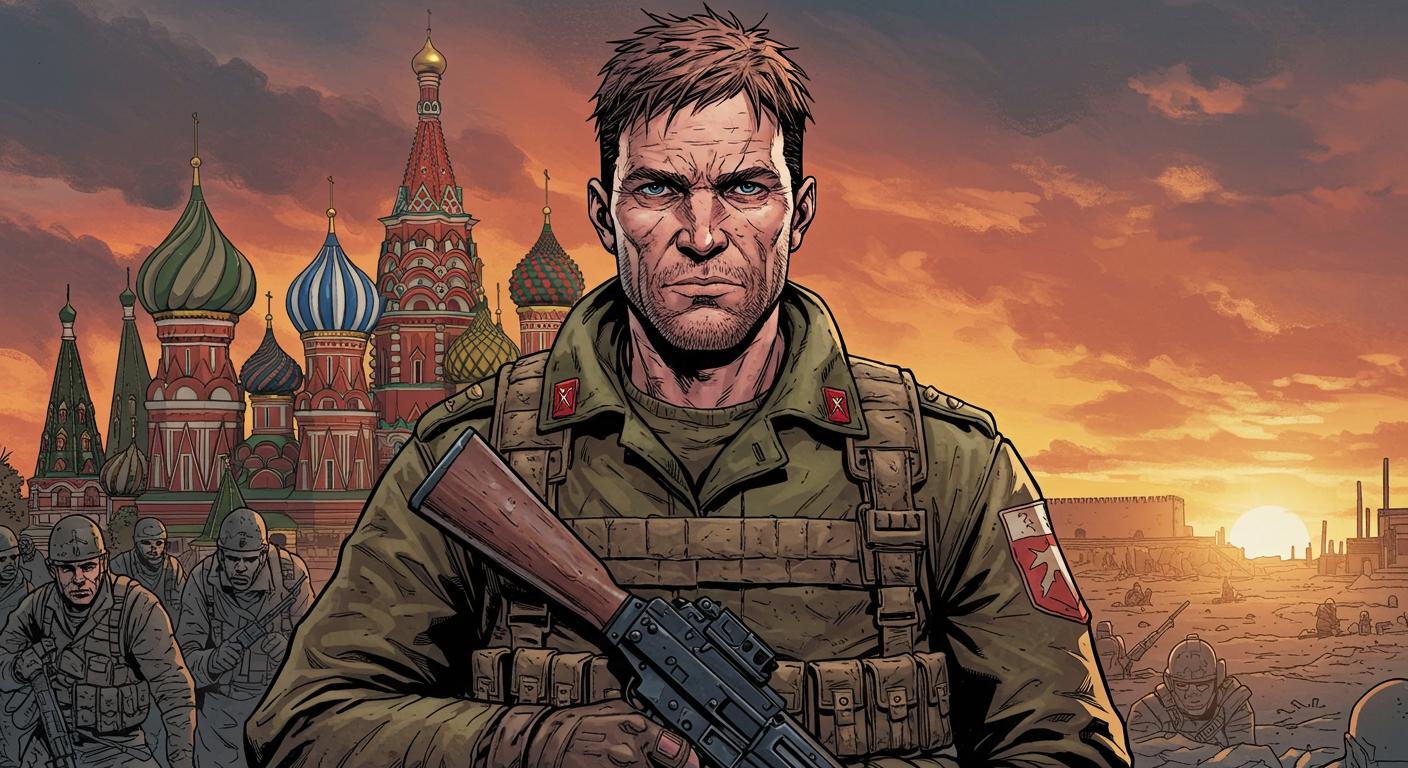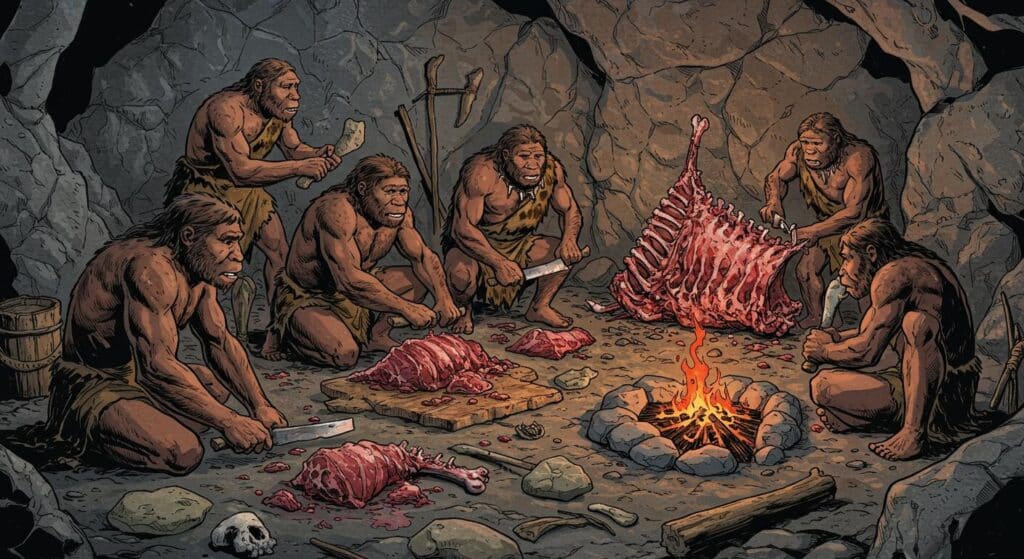If you thought modern attempts at finding a culture fit couldn’t grow any stranger, consider the case of Derek Huffman: a 46-year-old Texan who, determined to spare his family from what he considered the moral perils of “wokeness,” packed up his wife, daughters, and their Husky, then made for the outskirts of Moscow. As described in The Daily Beast and further illuminated by reporting from United24Media, Huffman’s grand reset soon came with some unforeseen caveats—namely, trading America’s culture clash for a live combat zone.
The “Dream Village”: Population Two
The foundation for this adventure was Russia’s invitation to create a rural enclave tailor-made for Americans weary of progressive cultural trends—a supposed sanctuary of what are branded as “traditional” values. United24Media details how this grand project fizzled rapidly: despite early talk of mass migration, only two homes have been erected since the initiative’s 2024 launch, one of which houses the Huffman family. That dream of a bustling American hamlet in Russian woods? Left largely to the imaginations of its planners.
Infrastructure—electricity, water, gas—rested on the shoulders (and wallets) of the settlers themselves, with Tim Kirby, the expat organizer, explaining that electrical costs alone soared above $2 million. Russian investors and banks, unsurprisingly, weren’t lining up to fund a village for foreign culture warriors. The outlet also notes the new arrivals could fast-track residency if they signed paperwork renouncing “destructive neoliberal ideology” found back home. But even paperwork can’t conjure neighbors, and—at around $165,000 a pop—a cottage in this utopia stayed firmly out of reach for most would-be pioneers.
From Fighting Wokeness to Fighting a War
Finding Russian village life less than bustling, Huffman soon looked to secure citizenship (and maybe some local respect) through a contract with the Russian Ministry of Defense. According to a compilation of details from The Daily Beast, he expected a non-combat assignment tied to his skills as a welder or perhaps a correspondent; instead, he soon discovered he would be dispatched to the Ukrainian front.
What makes this twist even sharper is the sheer lack of preparation involved. Huffman, lacking any military experience, reportedly underwent training conducted entirely in Russian—a language his wife DeAnna described as unfamiliar to him—leaving him, in her words, feeling “thrown to the wolves.” Pay hadn’t arrived after a month, she recorded in a since-deleted plea, and her husband seemed increasingly unprepared for the reality of war.
Even Huffman’s expectation of a rear-echelon role evaporated almost immediately, with the project leader and family alike expressing some shock at how quickly any non-combat promises dissolved. For someone who declared, according to Russian state media, that he wanted to “earn” his place in Russia and not simply accept “handouts,” the reality of “earning” that place proved grimmer than anything imagined on American social media.
The Ironies Multiply
Sometimes a story seems written by someone with a fondness for irony. While criticizing US migrants for not assimilating, Huffman himself struggled to navigate Russian language and systems, only to be swept directly into a high-casualty war. As United24Media outlines, DeAnna found the stress inescapable—a fact underscored by her admission to reporters that, after three years sober, their Russian misadventure had driven her to begin drinking again.
The sparsely-inhabited Dream Village, whose grand opening ballooned into a party of two, now stands as a backdrop for a saga more Kafkaesque than homesteader fantasy. One can only imagine what the family Husky, “Baby,” makes of the situation.
Reflections on Escaping Discomfort
Here, the lesson might not be about the perils of social change or stern traditionalism, but the slipperiness of escape itself. It’s easy enough to be lured by the idea that all it takes to find comfort is a change of scenery, or that cultural annoyances can be ditched like last season’s phone plan. In practice, though, the Huffmans discovered that the “other side” can hold not only the same ordinary discomforts—language barriers, loneliness, endless red tape—but sometimes, vastly larger ones.
Is there a message here about utopias and the pitfalls of running full-tilt from your troubles rather than facing them at home? It’s tough to ignore the question: in an era of grand exits and social media-fueled fantasies of a better elsewhere, how many of us are truly ready to trade the abstract discomfort of culture wars for the all-too-literal version found at the front lines? For the Huffmans, that answer appears far more complicated than a viral post—or a rural Russian sales brochure—might suggest.







